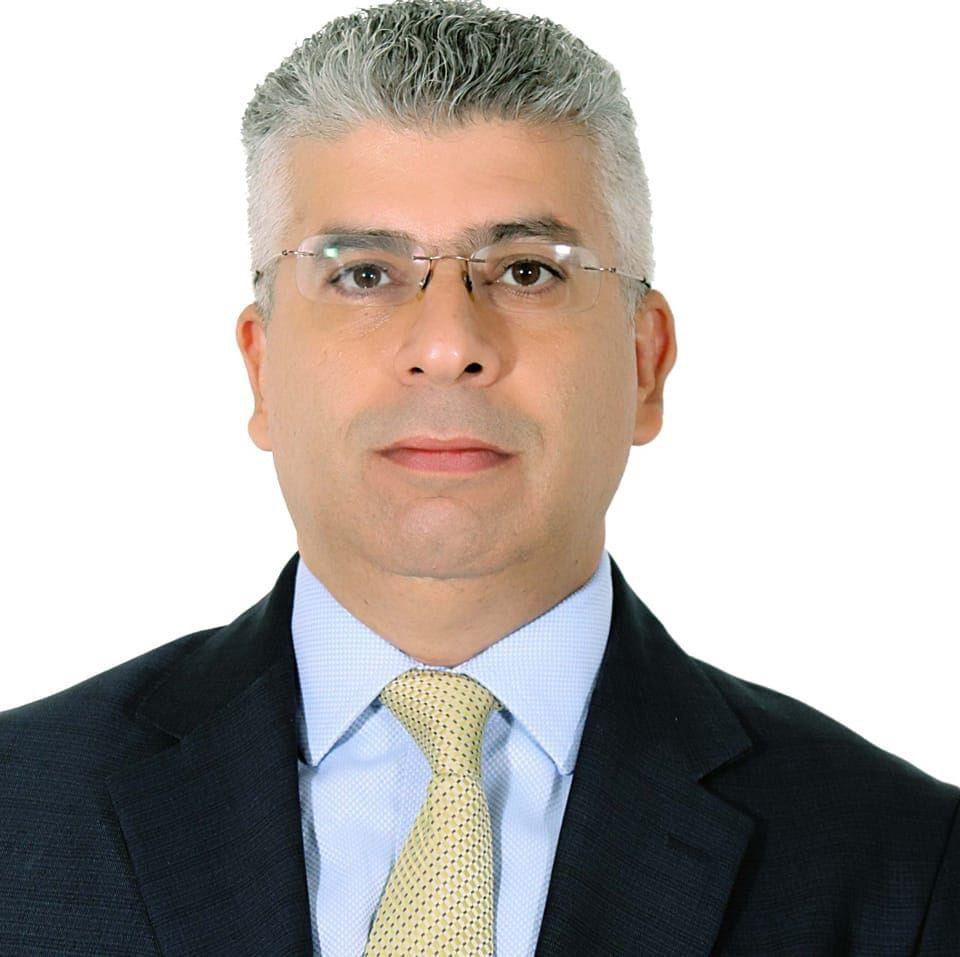By Miran Hussein
The Kurdistan Region is one of the most important areas in the Middle East due to its strategic location at the center of the Middle East. It is rich in natural resources and energy sources. Additionally, the Kurdistan Region has succeeded diplomatically by establishing good and effective relationships with countries in the region and around the world, which has paved the way for it to play an influential role at the regional level.
All indicators point to major changes occurring in the regional map in the future, which began with Hamas’s attack on Israel. This resulted in a strong retaliatory response from Israel against Hamas and Hezbollah in Lebanon, and the collapse of the Assad regime in Syria.
Further changes are expected in the region, especially after Iran’s weakened role and retreat from the region, rendering it unable to play its former role. At the same time, the emergence of an influential power like Israel, which is pursuing its political, economic, and geopolitical objectives.
These potential changes in the region present two scenarios. First, the redrawing of the Middle East map and the emergence of several new states based on ethnic and sectarian grounds. Second, the creation of a change in regional hegemony, the beginnings of which have already appeared, in a way that changes the power control map in the region. This means changes in the map of hegemony and alliances in the Middle East, the emergence of several strong states and alliances, and the retreat of other states and alliances.
Either of these scenarios, if they occur, will have a significant impact on the Kurdistan Region’s position in the area. Therefore, the Kurdistan Region needs to prepare itself for these changes and possibilities. Internally, it needs to work on domestic unity and cohesion between political parties. They also need to form a Kurdistan Regional Government as soon as possible—an effective and unified government that unites the Peshmerga forces, eliminates the remnants of dual administration, reactivates the parliamentary institution, and resolves the fundamental problems that have caused divisions between political parties.
Regarding other parts of Kurdistan, there needs to be understanding and good relations established, with issues set aside, especially with Western Kurdistan (Rojava). There needs to be a strong and strategic relationship where all Kurdish parties in Western Kurdistan collectively enter negotiations with the new Syrian government with a joint program to secure the rights of the Kurdish people in Syria. The Kurdistan Region and Western Kurdistan need to have a common vision and strategy for future possibilities to ensure the security and strong survival of both entities.
At the international and external level, the Kurdistan Region needs to activate its diplomatic efforts with regional and global countries to benefit from these changes. In this regard, it is important for all Kurdish forces to design their external relations with a single strategic program so they work in one direction without contradictions in relationships, to avoid domestic conflicts and becoming preoccupied with internal issues instead of confronting external threats and possibilities.

